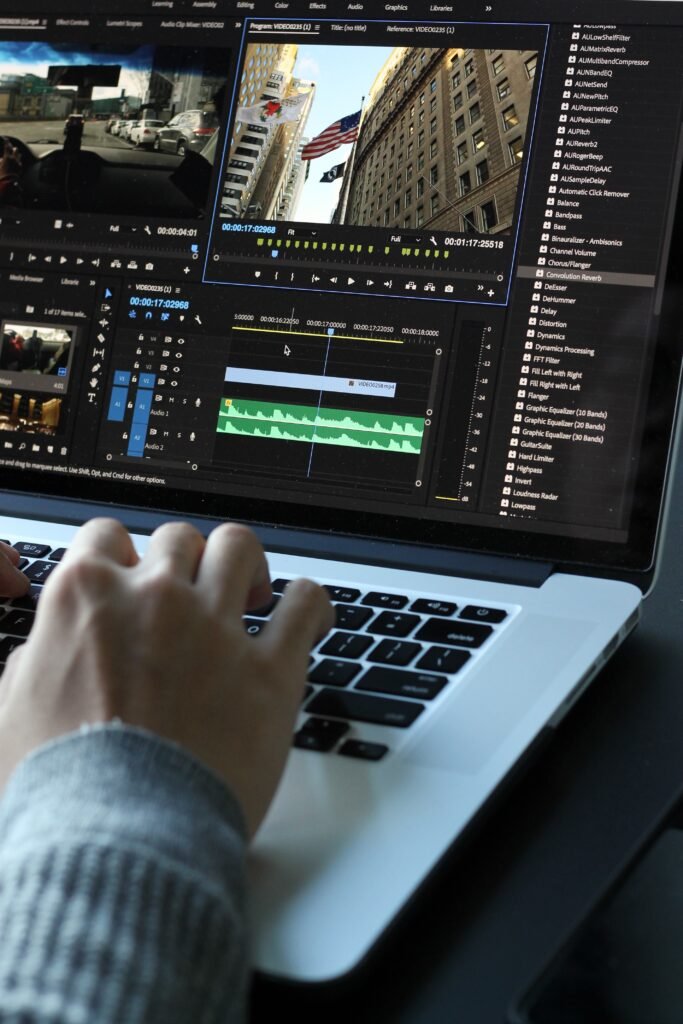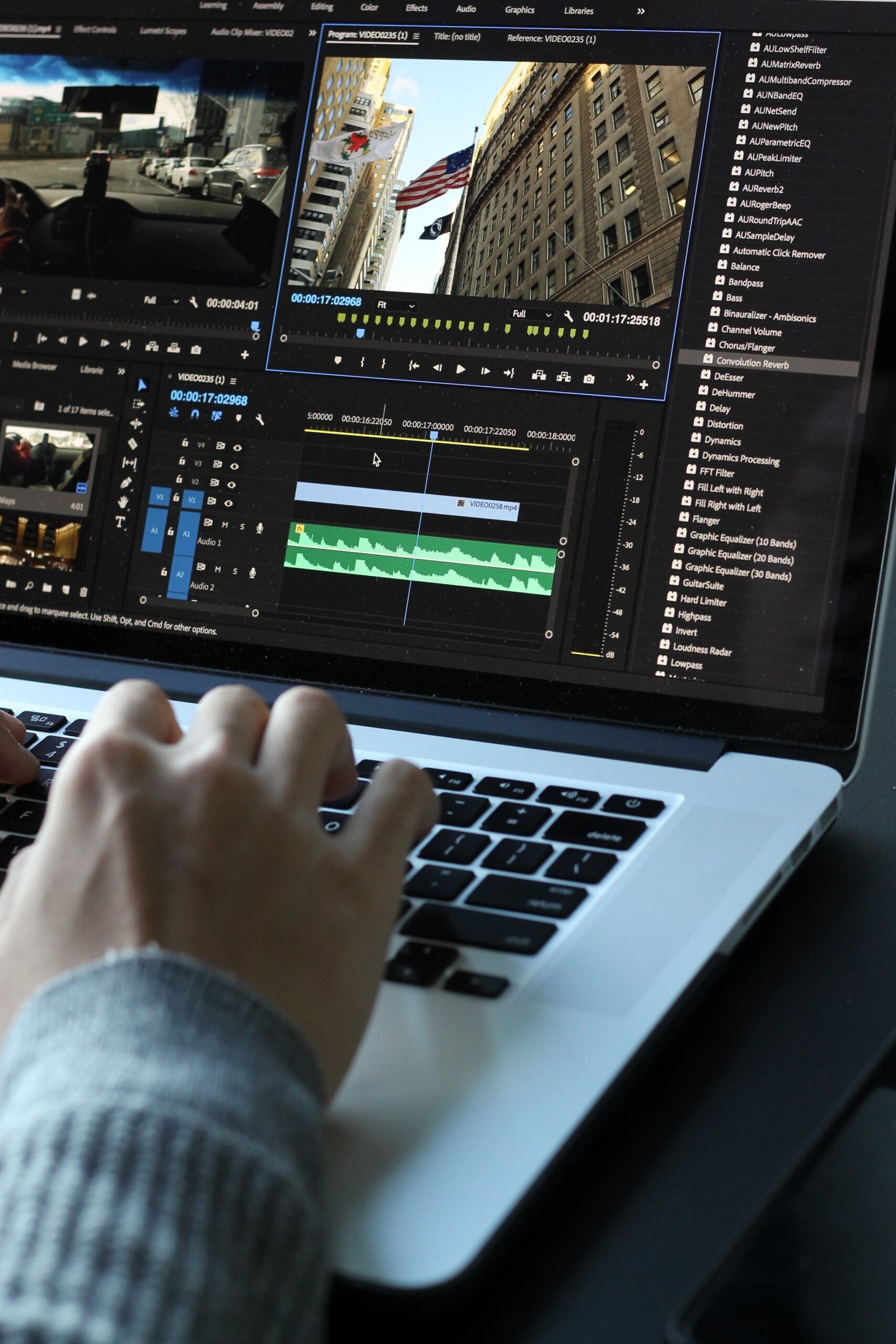Have you ever wondered how long your iPhone can record video for? With the advanced technology packed into these devices, it’s natural to be curious about their capabilities. In this article, we will explore just how long an iPhone can record video, diving into the specific details and shedding light on this intriguing question. So, grab your iPhone and let’s find out!

Storage Capacity and Video Length
Available iPhone Storage
When it comes to capturing videos on your iPhone, one of the crucial factors to consider is the available storage capacity. Depending on the model of your iPhone, you may have different storage options to choose from. iPhones typically are available in storage capacities ranging from 64GB to 512GB.
It’s essential to choose a storage capacity that suits your video recording needs. If you frequently record high-definition videos or plan to capture long videos, it is advisable to opt for a higher storage capacity. This ensures that you have sufficient space to store your videos without constantly worrying about running out of storage.
File Sizes for Different Video Formats
Different video formats and resolutions can significantly impact the file sizes of your videos. The iPhone offers various video formats, including HEVC (High-Efficiency Video Coding) and H.264. The HEVC format provides relatively smaller file sizes while maintaining excellent video quality.
For example, if you record a one-minute video on an iPhone in 4K resolution using the HEVC format, it may consume approximately 40-60MB of storage space. On the other hand, an H.264 format may require around 80-90MB of storage space for the same one-minute video.
Understanding the different video formats and their corresponding file sizes can help you manage your storage efficiently and make informed choices while recording videos.
Recording Times Based on Storage
The recording time you can achieve on your iPhone depends on the available storage capacity and video format you choose. Higher-quality videos with larger file sizes will occupy more storage space, thereby limiting your recording time.
To estimate the recording time based on your iPhone’s storage capacity, you can use the following averages as a general guideline:
- 64GB: Allows for around 1 to 1.5 hours of 4K video recording using the HEVC format.
- 128GB: Provides approximately 2 to 3 hours of 4K video recording using the HEVC format.
- 256GB: Offers approximately 4 to 6 hours of 4K video recording using the HEVC format.
- 512GB: Provides ample space for roughly 8 to 12 hours of 4K video recording using the HEVC format.
It’s important to note that these estimates may vary depending on other factors like the specific model of your iPhone, the presence of other apps or media files on your device, and the video settings you choose while recording.

Battery Life and Video Recording
Battery Performance During Video Recording
Video recording on your iPhone can consume a significant amount of battery life, as it requires both the camera and the display to be active for an extended period. While iPhones are designed to provide optimal performance, it’s essential to be aware of the potential impact on battery life during video recording.
Generally, iPhones can offer uninterrupted video recording for about 1-2 hours on a full charge. However, this estimate can vary based on several factors, such as the specific iPhone model, battery health conditions, environmental temperature, and video settings.
To maximize your iPhone’s battery life while recording videos, consider implementing the following tips:
- Keep your iPhone charged: It’s always a good practice to start video recording with a fully charged battery to ensure maximum recording time.
- Reduce screen brightness: Lowering the screen brightness can help conserve battery power while recording videos.
- Disable unnecessary features: Temporarily disabling features like Wi-Fi, Bluetooth, or Background App Refresh can reduce battery consumption during video recording.
- Use airplane mode: Enabling airplane mode turns off all wireless connections and helps preserve battery life.
- Carry a portable charger: If you plan on recording videos for an extended period, having a portable charger handy can ensure continuous power supply.
Factors Affecting Battery Life
Apart from video recording, several other factors can influence the battery life of your iPhone. Consider the following variables that affect overall battery performance:
- Usage intensity: Extensive use of power-hungry apps, browsing the internet, or playing graphically intensive games can drain the battery quickly.
- Environmental temperature: Extreme hot or cold temperatures can impact battery performance. It is advisable to avoid exposing your iPhone to extremely high or low temperatures for prolonged periods, as it can affect the battery’s capacity.
- Battery health: Over time, the battery health of your iPhone may decline, leading to reduced overall battery performance. Regularly monitoring and maintaining battery health by following Apple’s recommendations can help optimize battery life.
- Battery-intensive apps: Some apps, such as augmented reality (AR) apps or video editing software, require significant power consumption and can reduce battery life more quickly than standard apps.
Being mindful of these factors and adopting good battery management practices can ensure that your iPhone’s battery lasts longer during video recording and daily usage.

External Factors and Limitations
Heat Management and Video Recording
Video recording on your iPhone for extended periods can generate heat due to the continuous operation of various components like the camera, display, and processor. iPhones are designed to dissipate heat efficiently, but excessive heat can have adverse effects on performance and battery life.
To manage heat while recording videos, consider the following tips:
- Avoid direct sunlight: Direct exposure to sunlight can significantly increase the temperature of your iPhone, potentially leading to overheating. Shielding your device from direct sunlight using shades or covers is recommended.
- Keep your iPhone well-ventilated: When recording videos, ensure that the surrounding environment allows proper airflow to your iPhone. Avoid covering the device or obstructing the paths for heat dissipation, such as the camera lens or speaker grille.
- Use camera-specific accessories: If you frequently record videos, consider using camera-specific accessories like external lenses or stabilizers. These accessories can help enhance video quality and minimize the strain on your iPhone’s internal components, potentially reducing heat generation.
Maintaining appropriate heat management practices while recording videos can safeguard your iPhone’s performance and prevent potential damage or overheating issues.
iOS Limitations
iOS, the operating system running on your iPhone, imposes certain limitations on video recording. These limitations mainly revolve around the maximum file size and duration of a single video recording.
For instance, iOS restricts the maximum file size for a single video recording to approximately 4GB. If you are recording a video in a high-resolution format like 4K, you may reach this file size limit sooner. In such cases, your iPhone may split the video into multiple files automatically.
Similarly, iOS limits the duration of a single continuous video recording to around 30 minutes. Beyond this duration, your iPhone may automatically stop the recording. This limitation is in place to prevent overheating and potential damage to the device.
Understanding these limitations can help you plan your video recordings accordingly and avoid unexpected interruptions or file splitting.
Third-Party Apps and Limitations
While the native Camera app on your iPhone offers a wide range of video recording options, using third-party apps can provide additional features and functionalities. However, it’s important to be aware of any limitations that third-party apps may impose on video recording.
Some third-party apps may limit the maximum video resolution or frame rate, depending on the capabilities of your iPhone’s camera. Additionally, certain apps may have their own constraints on file size or recording duration, which deviate from the default limitations set by iOS.
Before using third-party video recording apps, thoroughly explore their features, consult user reviews, and ensure that they align with your specific video recording requirements.
In conclusion, understanding the storage capacity, battery life implications, external factors, and limitations associated with video recording on your iPhone is essential for maximizing your recording experience. By considering these factors and implementing the suggested tips, you can capture high-quality videos, manage your storage efficiently, optimize battery life, and ensure the longevity of your device. Happy recording!








